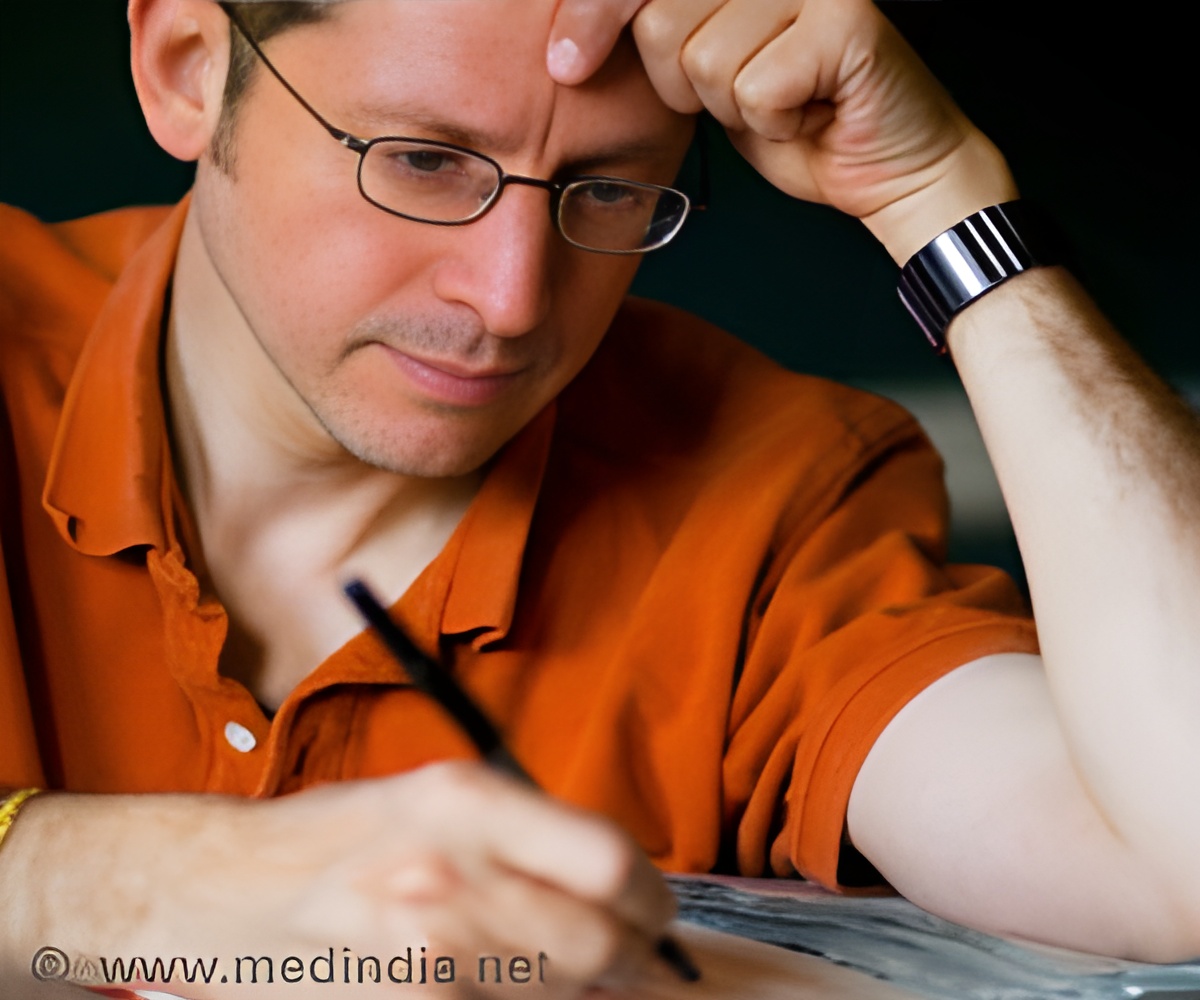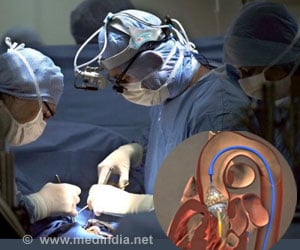The Uttar Pradesh Combined Pre-Medical Test organizers have claimed that they have put in place “fool proof” measures to ensure that students do not have any opportunity to cheat

Around 77,000 students will appear for the test June 3. The Chatrapati Shahuji Maharaj Medical University (CSMMU) is conducting the test.
CPMT had been in the past marred by accusations of mass copying and impersonation.
But organisers said security this year was unprecedented, with some of them even calling it bizarre.
CSMMU spokesman Abbas Ali said steps such as using a chartered plane to fly in the sheets were being taken for the first time.
"This is the first time such foolproof arrangements are being made," Ali told IANS.
Advertisement
The examinees will also not be allowed to take pens, pencils, copies and water bottles inside the test centre.
Advertisement
Pens will be provided to the examinees at the centre, a senior official told IANS.
The use of mobile phones or any other electronic gadget within 500 metres of the centres has been banned.
The examinees will also have to give their fingerprints. Their handwriting will be preserved for matching during counselling to check if the person who wrote the exam and the one appearing for counselling are the same.
Invigilators will be given a code of conduct -- do's and don'ts.
Those conducting the exam have been asked to note body marks and birth signs of the examinees for matching them later.
A special type of ink has been brought to ensure that the fingerprints last longer than usual, said A.A. Mehndi, a CSMMU professor.
Source-IANS










